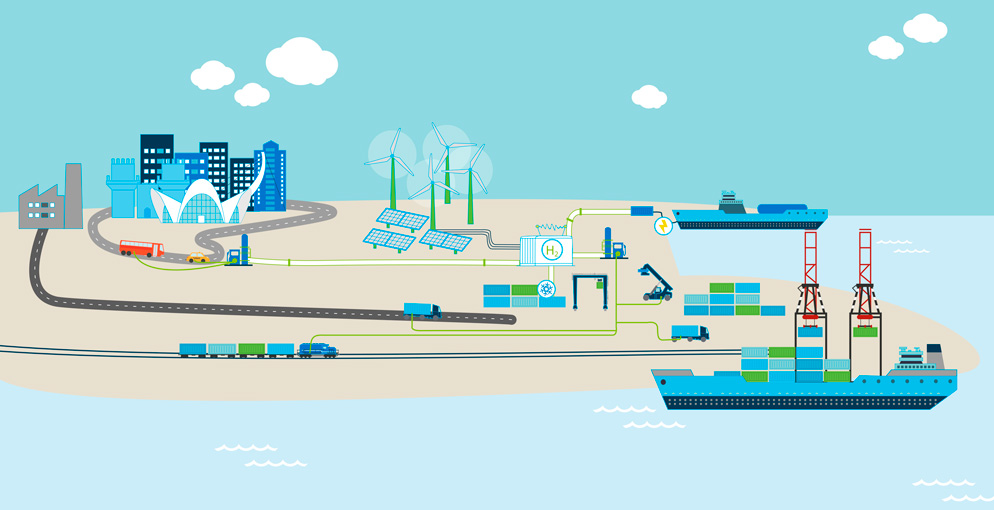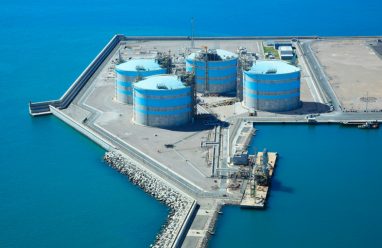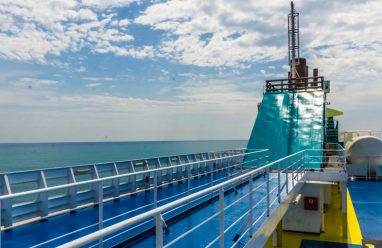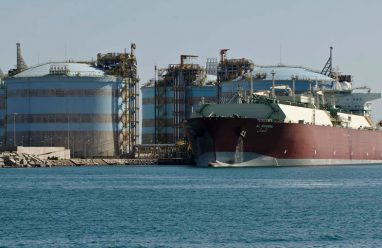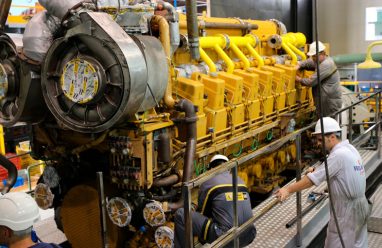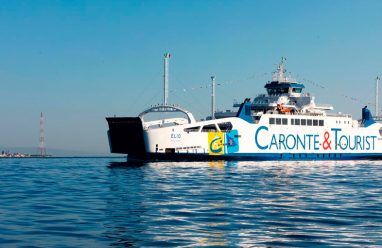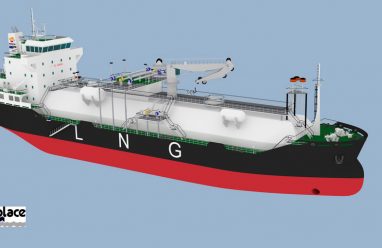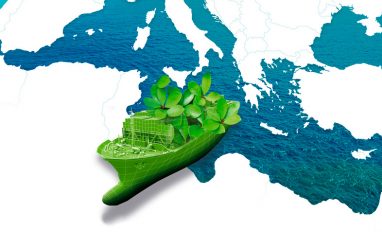Hydrogen is an energy carrier that can be used in both stationary and transport applications, the production of which can have very low greenhouse gas emissions (e.g. when obtained from renewable electricity). In addition, the technology of fuel cells using hydrogen as fuel, presents significant improvements in energy efficiency when compared with conventional options based on combustion of hydrocarbons. Therefore, the combination of hydrogen and fuel cells is presented as a necessary alternative in the medium to long term to achieve a carbon-free economy. The proposed action aims to analyse and test the technical and economic feasibility of hydrogen and fuel cells technology in the maritime-port sector.
H2Ports project is an Action aligned with the needs and objectives of the European Commission and the port industry. The objective is to provide efficient solutions to facilitate a rapid evolution from a fossil fuel-based industry to a low carbon, zero-emission sector. Hydrogen has been tested in other sectors of logistics and transport as a solution for feeding machinery and vehicles, so the action proposes different pilots to bridge the gap between prototypes and pre-commercial products:
- The first prototype will consist of a reach stacker vehicle powered by hydrogen and tested in a real test in a port container terminal.
- The second prototype will consist of a yard tractor equipped with a set of fuel cells for testing in the loading/unloading operations of a Roll On-Roll Off (Ro-Ro) terminal.
- The third prototype will consist of a mobile hydrogen refuelling station, which will provide the necessary fuel in the appropriate conditions and quantity to ensure the continuous operation of the abovementioned equipment.
The H2Ports project also has as a transversal objective the realization of adequate feasibility studies for the development of a sustainable hydrogen supply chain in the port, coordinating all the actors involved: customers, hydrogen producers, suppliers, etc.
The expected results of the project are to test and validate hydrogen technologies on port machinery with the objective of having applicable and real solutions without affecting the performance and safety of port operations and producing zero local emissions.

